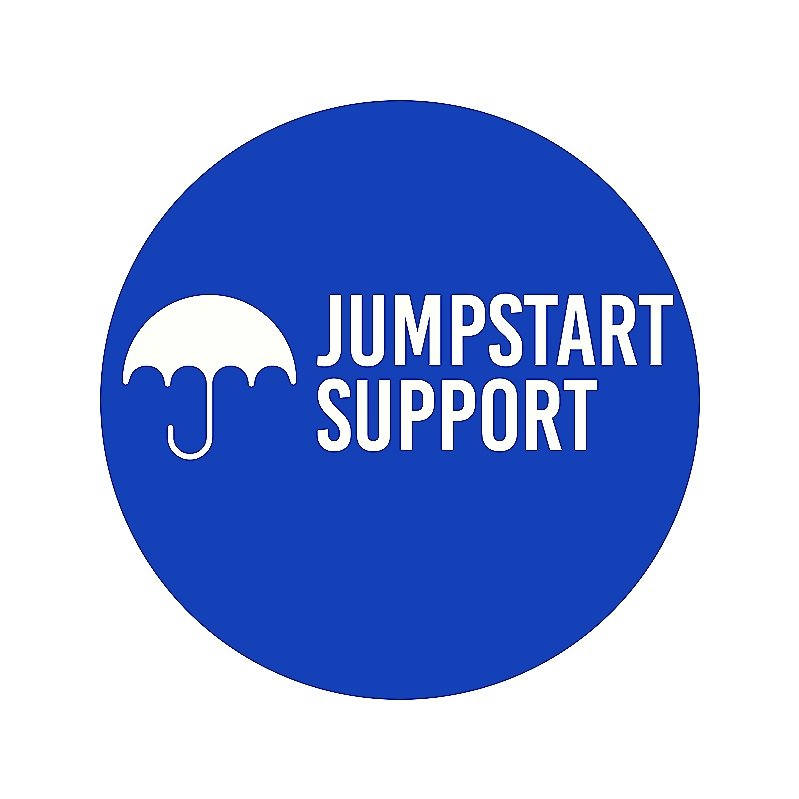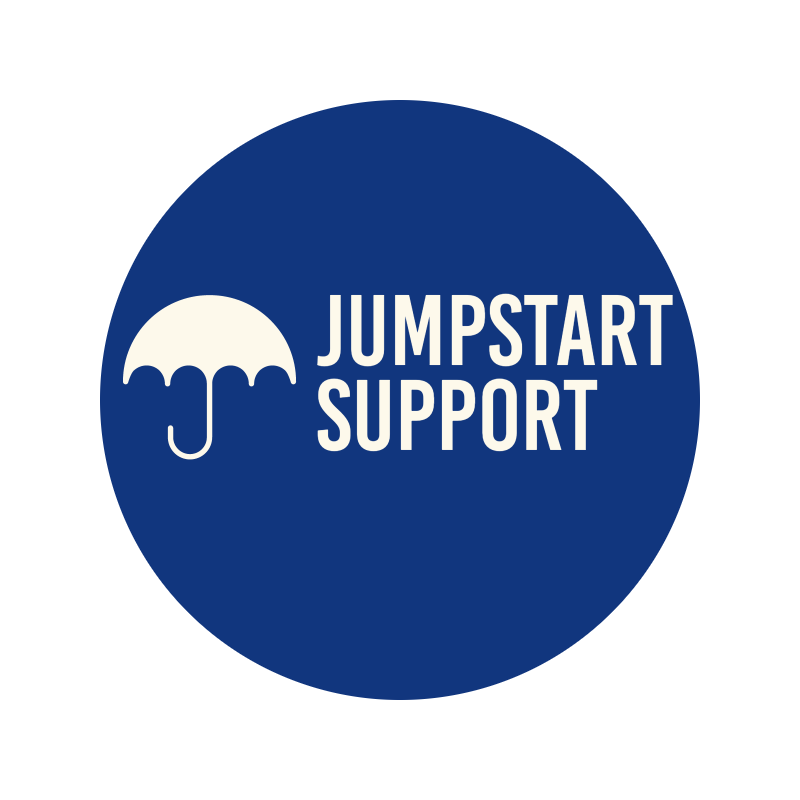The Essential Guide to Neurodiversity Training for Recruiters: Cultivating an Inclusive Workforce
In an age where diversity and inclusion are at the forefront of workplace culture transformation, the next frontier is neurodiversity. This movement acknowledges that people think and process information differently, and that is not only okay but a significant contributor to a rich and innovative work environment. For recruiters, understanding and integrating neurodiversity into hiring practices is more than just another box to tick; it’s an opportunity to unlock unparalleled potential within their teams and across the entire organisation.
Unveiling Neurodiversity in the Workplace
What exactly is neurodiversity, and why is it such a pivotal topic today? At its core, neurodiversity recognises the natural variation in how the human brain functions. It encompasses individuals classified with autism spectrum disorder (ASD), attention deficit hyperactivity disorder (ADHD), dyslexia, and others. These individuals often possess exceptional skills in areas such as pattern recognition, logical reasoning, and creative problem-solving. Such traits are not only valuable but can be a competitive edge in the modern-day workplace.
Neurodiversity differs from traditional thinking about employee skills because it highlights the positive aspects and celebrates the unique abilities brought by different cognitive profiles. This fresh outlook is challenging the status quo and conventional recruitment techniques, requiring HR professionals to pivot their approach and mindset to champion inclusion.
The Business Value of Neurodiverse Talent
The case for neurodiverse hiring is compelling and multifaceted. Studies show that diverse teams make better decisions and are more likely to introduce new products than those who are not diverse. This is because neurodiverse teams naturally encourage different perspectives, leading to innovative solutions and a competitive advantage. Companies that champion neurodiversity also demonstrate higher levels of employee engagement and retention, which can reduce long-term costs associated with turnover.
Savvy organisations are leveraging the unique skill sets of neurodiverse individuals in fields such as technology, where attention to detail, precision, and the ability to focus for extended periods are critical. But the benefits extend beyond a single industry; they are universal, contributing to a more dynamic and successful enterprise across all sectors.
Bridging the Gap: Challenges in Neurodiverse Recruitment
Despite the clear advantages, neurodiverse candidates often face significant barriers in the recruitment process. These can range from unconscious bias during initial screening to communication difficulties during interviews. Traditional hiring practices may inadvertently overlook talented individuals who do not fit a standard mould or exhibit non-traditional behaviours. It’s not a lack of willingness to hire neurodiverse individuals that's the issue; rather, it's the lack of understanding of how to effectively identify and support them through the hiring process.
The Role of Training and Education in Overcoming Barriers
To tackle these obstacles, comprehensive training and education programs are essential to equip recruiters and HR professionals with the knowledge and tools needed to successfully integrate neurodivergent talent into the workforce. These initiatives focus on dispelling myths, cultivating empathy, understanding different communication patterns, and providing reasonable accommodations that foster an inclusive environment.
Organisations like Jumpstartsupport.com offer a range of workshops and resources designed to educate and empower recruitment teams. By participating in such programs, professionals can establish best practices that align with their company’s values and goals, ensuring a seamless and effective transition towards an inclusive recruitment approach.
Inclusive Hiring Practices: How to Attract and Assess Neurodiverse Candidates
Recruiters who wish to attract and assess neurodiverse talent must implement a series of steps to ensure they're not only finding the right individuals but also creating a positive and supportive experience. This involves revisiting job descriptions to eliminate biassed language, leveraging alternative recruitment channels, and designing assessments that focus on skills rather than on traditional markers of workplace suitability.
In doing so, recruiters can establish a level playing field, providing an opportunity for neurodiverse candidates to showcase their abilities and for employers to make an informed hiring decision that reflects a broader understanding of talent.
Success Stories: Inclusive Hiring That Transforms the Workforce
Leading by example, various organisations have already paved the way for neurodiverse hiring, and their success stories are a testament to the power of inclusive workforce practices. Notable examples include companies in the technology sector, where neurodiverse individuals have had a tangible and lasting impact on product development and customer relations. These stories serve as blueprints for other companies looking to capitalise on the benefits of neurodiversity.
Sharing these successes also helps neutralise the fear and uncertainty that may surround change, ultimately fostering a culture in which diversity is not just accepted but embraced as a core value.
Building Community Support for Neurodiversity in the Workplace
The final piece of the puzzle is the role that advocates and support networks play in promoting and championing neurodiversity in the workplace. These allies offer a platform for sharing resources, experiences, and advice, as well as a community for neurodiverse individuals to access support and mentorship. By joining or forming these support networks, recruiters and employers can tap into a wealth of knowledge and a like-minded group dedicated to advancing the cause of neurodiversity.
Conclusion and Call to Action: Join the Neurodiversity Movement
The call to action for recruiters and HR professionals is clear: embed neurodiversity into the fabric of your hiring practices. As we collectively strive for workplaces that are more inclusive and equitable, integrating neurodiversity will be a defining factor in the success and longevity of any organisation.
By committing to ongoing training, implementing inclusive hiring processes, and learning from those who have already taken the plunge, recruiters can be at the forefront of a sea change in the way we view and leverage talent. The outcomes not only benefit the individuals employed but also the organisation as a whole — a true win-win.
For more information on how to get involved in the neurodiversity movement and what Jumpstartsupport.com can offer your team, reach out today for a consultation. Together, we can take the first step towards a more inclusive future, where all talents are valued and all voices heard.

